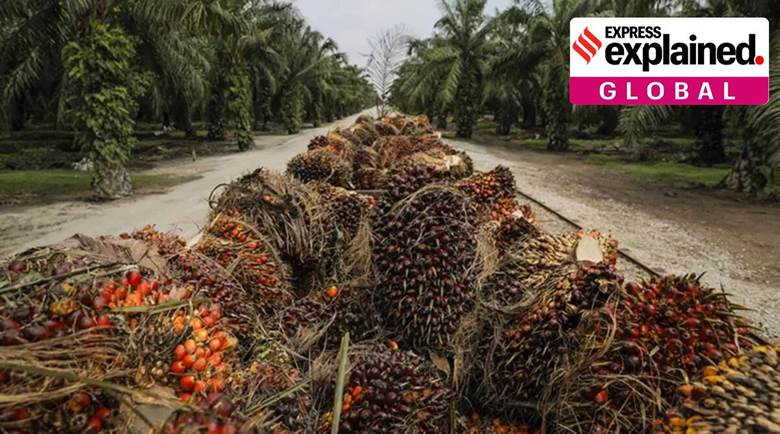Free Courses Sale ends Soon, Get It Now


Free Courses Sale ends Soon, Get It Now



Copyright infringement is not intended
Context:
Details:
https://indianexpress.com/article/explained/what-are-eus-options-in-palm-oil-row-with-malaysia-and-indonesia-8046083/
© 2024 iasgyan. All right reserved